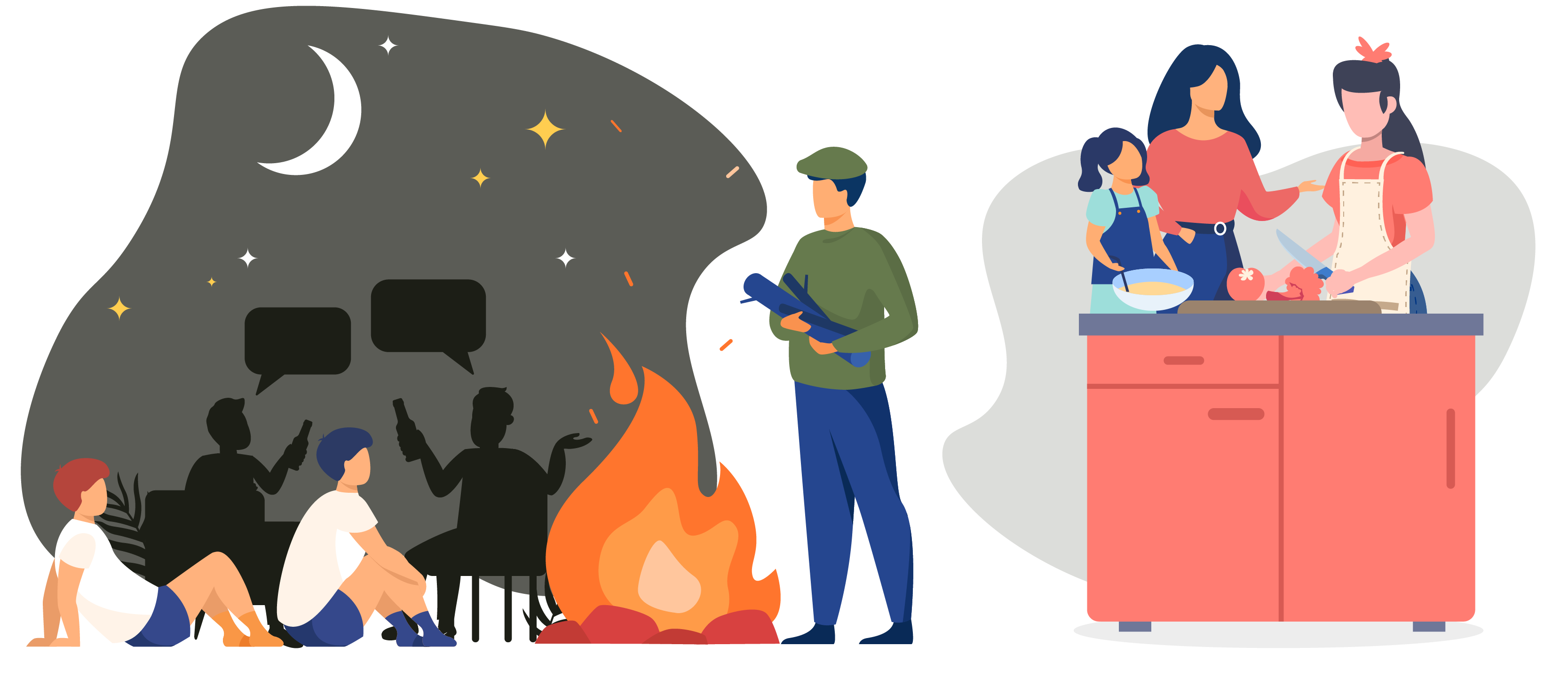Funerals

Diffrent types of Travellers have their own belifes and traditions. Some of the groups may share some areas in relation to traditions and their superstitions regarding death and funerals but there are also lots of things they may do that are diffrent.
Communities are very close-knit and, so when someone in the community dies it can be felt deeply, any death in the community can have a large impact and reach a wide range of people, including extended family and the wider community. Death and funerals are important part of traveller culture and life. the deceased are often spoken about and people can grive for a long time.
Gypsy and Traveller funerals exspensive and lavish with long processions and large displays of flowers and graves can be ornate. Both the funeral and the final resting place are seen as a way to express the respect and value placed on the individual for both the family and the wider community.
Time off school
Families will often be expected to travel great distances to attend funerals for extended members of the family. This will include any children in the family.
- As a result, pupils may need to miss a longer period of time for a funeral that other pupils would in these circumstances.
- It is important for the school to accommodate this where possible as missing a funeral can be seen as very disrespectful and can cause long-lasting family and community tensions.
- Children would be expected to attend family funerals even for distant relatives or unrelated members of the community. It is very important culturally to be allowed to do this.
Sitting up

- ‘Sitting up’ can last from the time of death until the funeral. The deceased is taken back to their home to be with their family until the funeral.
- Family and friends from the community sit up in the day and night. The men and older boys sit together, often outside around a fire, and the women, girls and young children will provide food and drink.
- If the deceased is local, the pupils might still attend their school while taking part in the tradition of ‘sitting up’. They may be tired and emotional.
- Pupils may miss odd days or even the entire time until after the funeral.
- Older children will be treated like adults and expected to help during the ‘sitting up’ tradition.
Children in Gypsy Traveller communities may participate in traditions and elements of life that non travellers may fell are too adult.
As GRT families have a protective nature, this may mean that the death of someone important to a child is often not talked about openly. It is important to talk to the parents about how they wish the school to deal with any issues that children may have in regards to bereavement.
